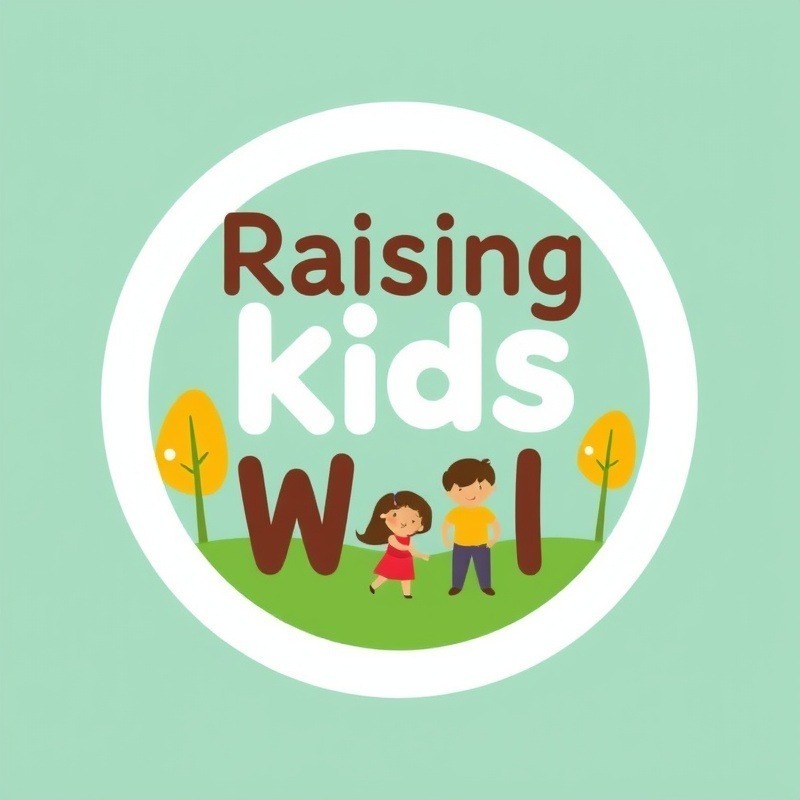
Understanding the Nature of Bickering
Bickering may not seem like a positive aspect of relationships, but experts suggest that it can actually be a tell-tale sign of a healthy dynamic. Couples often engage in minor conflicts or playful disagreements over insignificant issues—the classic "who left the lights on?" scenario. As Reesa Morala, a licensed marriage and family therapist, notes, a little friction is more than normal; acknowledging these irritations is essential for maintaining healthy interactions. Rather than seeing conflicts as indicators of a failing relationship, partners can shift their perceptions and embrace these moments as opportunities for growth.
When Is Bickering Healthy?
So, when does bickering cross the line from playful to problematic? According to licensed clinical social worker Anat Joseph, bickering becomes a healthy aspect of a relationship when it remains lighthearted and respectful. In many ways, addressing small grievances proactively can prevent them from festering into larger issues. This strategy allows couples to communicate openly, giving them the best chance to nurture their relationship through effective dialogue.
Identifying Unhealthy Bickering
Nevertheless, it’s crucial to recognize when bickering goes awry. Dr. John Gottman, a prominent psychologist in relationship studies, identifies the so-called "Four Horsemen"—criticism, contempt, defensiveness, and stonewalling—as indicators of unhealthy conflict. Engaging in these behaviors can diminish respect and trust, leading to resentment and potential long-term damage to a partnership. For families, particularly those with children, monitoring the atmosphere of conflict is vital. The frequency of hostile interactions causes stress and anxiety in young minds, shaping their emotional well-being.
Impact on Children: The Silent Witnesses
Children absorb the emotional environment of their household, making it essential for parents to strive for respectful and constructive interactions. Samantha Whiten, a clinical psychologist, emphasizes how children can react to relational tensions, often siding with one parent or aiming for perfection in hopes of avoiding conflicts. While it's natural for adults to have disagreements, it’s essential to manage these differences in ways that safeguard children's emotional health.
Practical Tips for Healthy Communication
To ensure that bickering remains productive rather than destructive, couples can adopt several strategies. First, timing is crucial—address irritations when both partners are calm and attentive, rather than during high-stress moments. Second, approach discussions with empathy. Acknowledging the other person’s perspective fosters a supportive dialogue. Finally, steering clear of personal attacks during disagreements can preserve respect and intimacy. These practical tips not only enhance conflict resolution but also fortify emotional bonds.
Future Trends: Evolving Relationship Dynamics
As societal norms around relationships evolve, understanding the dynamics of conflict becomes increasingly relevant. Open discussions around mental health are helping to destigmatize conflicts, encouraging couples to address their concerns proactively. With this growing awareness, the traditional notions of conflict as a sign of failure are shifting towards a perspective that values open communication, reflecting a more robust understanding of partnership.
Recognizing both the constructive and detrimental aspects of bickering helps partners navigate their relationships more effectively. As we continue to embrace healthier communication, couples can look forward to deeper connections founded on respect and perseverance.
 Add Row
Add Row  Add
Add 



Write A Comment